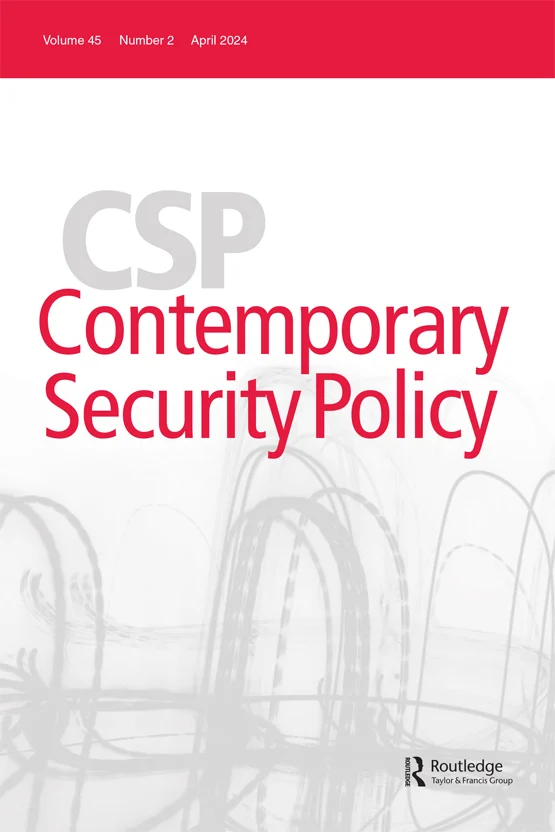谁失去了埃塞俄比亚?非洲锚定国的解体与美国外交政策
IF 5
1区 社会学
Q1 INTERNATIONAL RELATIONS
引用次数: 5
摘要
2020年11月,埃塞俄比亚陷入全面内战,由于大规模暴行和地区干预,这场内战演变为世界上最严重的人道主义紧急情况之一。国家权力的暴力分裂玷污了埃塞俄比亚作为地区维和人员和发展领袖的国际认可角色——非洲之角美国和平的“锚定国”。在承认冲突的复杂、多维起源的同时,本文考察了美国政府在2018-2020年亚的斯亚贝巴政治过渡期间重塑战略关系的努力如何为战争铺平了道路。我们认为,美国政策制定者向埃塞俄比亚新总理阿比·艾哈迈德提供了基本上无条件的支持,造成了道德风险问题,鼓励了敌对政治力量之间的对抗。在这一时期,美国与埃塞俄比亚的接触表明,华盛顿试图重新平衡与其最重要的地区支柱之间紧张关系的努力是危险的。本文章由计算机程序翻译,如有差异,请以英文原文为准。
Who lost Ethiopia? The unmaking of an African anchor state and U.S. foreign policy
ABSTRACT In November 2020, Ethiopia descended into full-scale civil war which, owing to mass atrocities and regional intervention, metastasized into among the most acute humanitarian emergencies in the world. The violent fragmentation of state authority tarnished Ethiopia’s internationally sanctioned role as regional peacekeeper and developmental leader—an “anchor state” of the Pax Americana in the Horn of Africa. While acknowledging the complex, multi-dimensional origins of the conflict, this article examines how efforts by the U.S. government to reinvent the strategic relationship during the 2018–2020 political transition in Addis Ababa helped pave the road to war. We argue that U.S. policymakers provided largely unconditional support to Ethiopia’s new Prime Minister Abiy Ahmed, creating problems of moral hazard that encouraged confrontation between rival political forces. The story of U.S. engagement in Ethiopia in this period illustrates the perils of Washington’s efforts to rebalance fraught relations with its most important regional anchors.
求助全文
通过发布文献求助,成功后即可免费获取论文全文。
去求助
来源期刊

Contemporary Security Policy
Multiple-
CiteScore
14.60
自引率
6.80%
发文量
22
期刊介绍:
One of the oldest peer-reviewed journals in international conflict and security, Contemporary Security Policy promotes theoretically-based research on policy problems of armed conflict, intervention and conflict resolution. Since it first appeared in 1980, CSP has established its unique place as a meeting ground for research at the nexus of theory and policy.
Spanning the gap between academic and policy approaches, CSP offers policy analysts a place to pursue fundamental issues, and academic writers a venue for addressing policy. Major fields of concern include:
War and armed conflict
Peacekeeping
Conflict resolution
Arms control and disarmament
Defense policy
Strategic culture
International institutions.
CSP is committed to a broad range of intellectual perspectives. Articles promote new analytical approaches, iconoclastic interpretations and previously overlooked perspectives. Its pages encourage novel contributions and outlooks, not particular methodologies or policy goals. Its geographical scope is worldwide and includes security challenges in Europe, Africa, the Middle-East and Asia. Authors are encouraged to examine established priorities in innovative ways and to apply traditional methods to new problems.
 求助内容:
求助内容: 应助结果提醒方式:
应助结果提醒方式:


